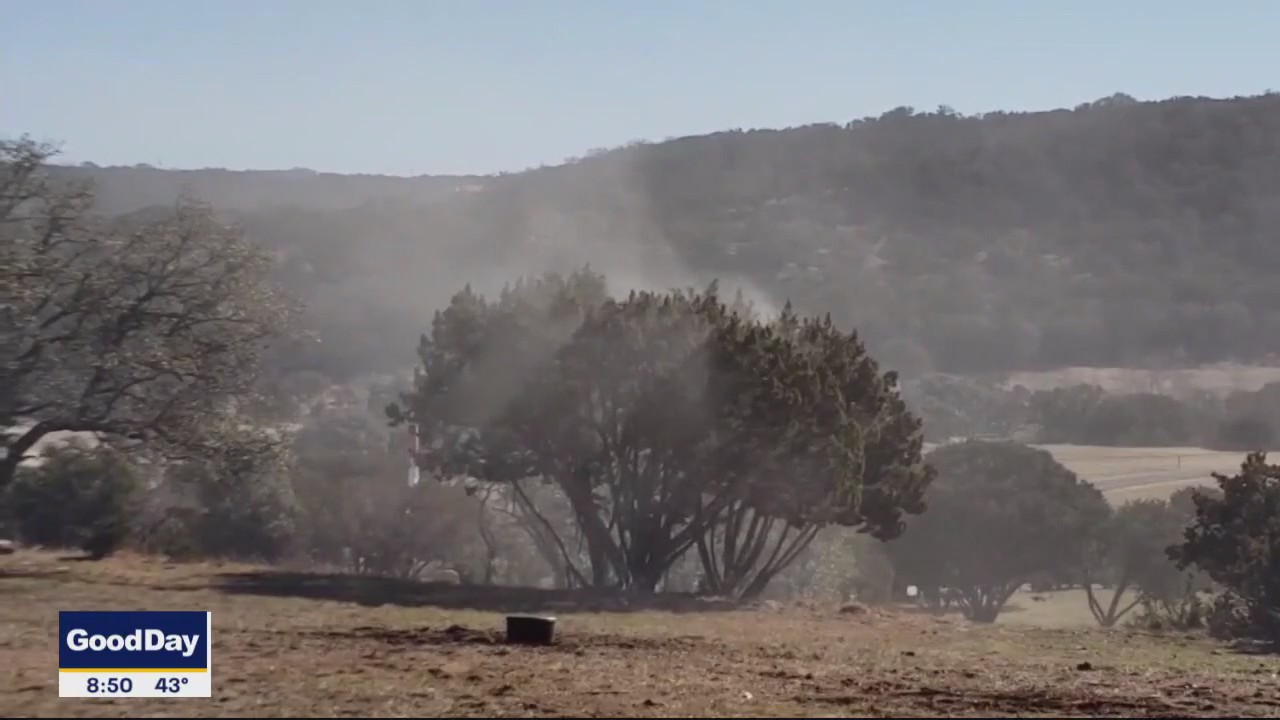Allergy Report: Aggressive cedar fever season affecting many in North Texas

Cold, flu, RSV, COVID or could it be cedar fever?
There has been a sharp rise in COVID, flu, and RSV cases in North Texas. It's also cedar fever season and allergists warn the mountain cedar pollen counts are high right now.
DALLAS - Are your sinuses bothering you? You could be fighting Texas’ aggressive cedar fever season.
January is typically the peak month for Mountain Cedar pollen.
"Developing these allergies usually occurs because, through time, your immune system starts looking at these pollens and these allergens as something to react to and something to consider as a foreign thing," said Dr. Neha Reshamwala with Frontier Allergy.
But there are a few things you can do to make your reaction as small as possible.
Doctors recommend keeping doors and windows closed, changing your clothes after spending time outside, and taking over-the-counter medication if necessary.

Of course, at this time of year, it can be hard to tell if you’re fighting allergies, a cold, or something else.
New data from the Centers for Disease Control and Prevention shows the nation as a whole is struggling with respiratory illnesses.
The DFW Hospital Council said there are nearly 640 COVID-19 patients in hospitals across North Texas, which is a big jump from this time last month. Most have a new strain of the virus.
RSV and flu cases are also up locally. Positive flu testing increased by nearly 5% over the past two weeks.
So how can you tell if it’s allergies or something else?
Doctors usually say if you have a fever or if you’re vomiting and experiencing diarrhea, it’s likely something other than allergies.
Cedar fever typically ends at the end of January or early February.


